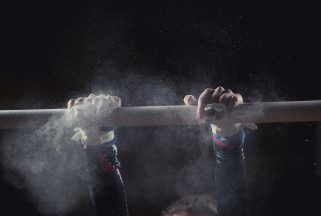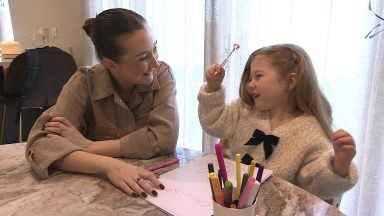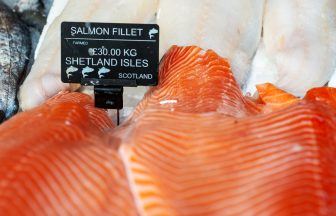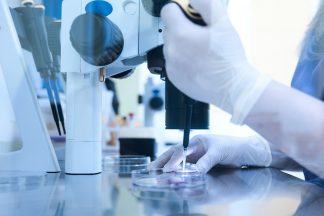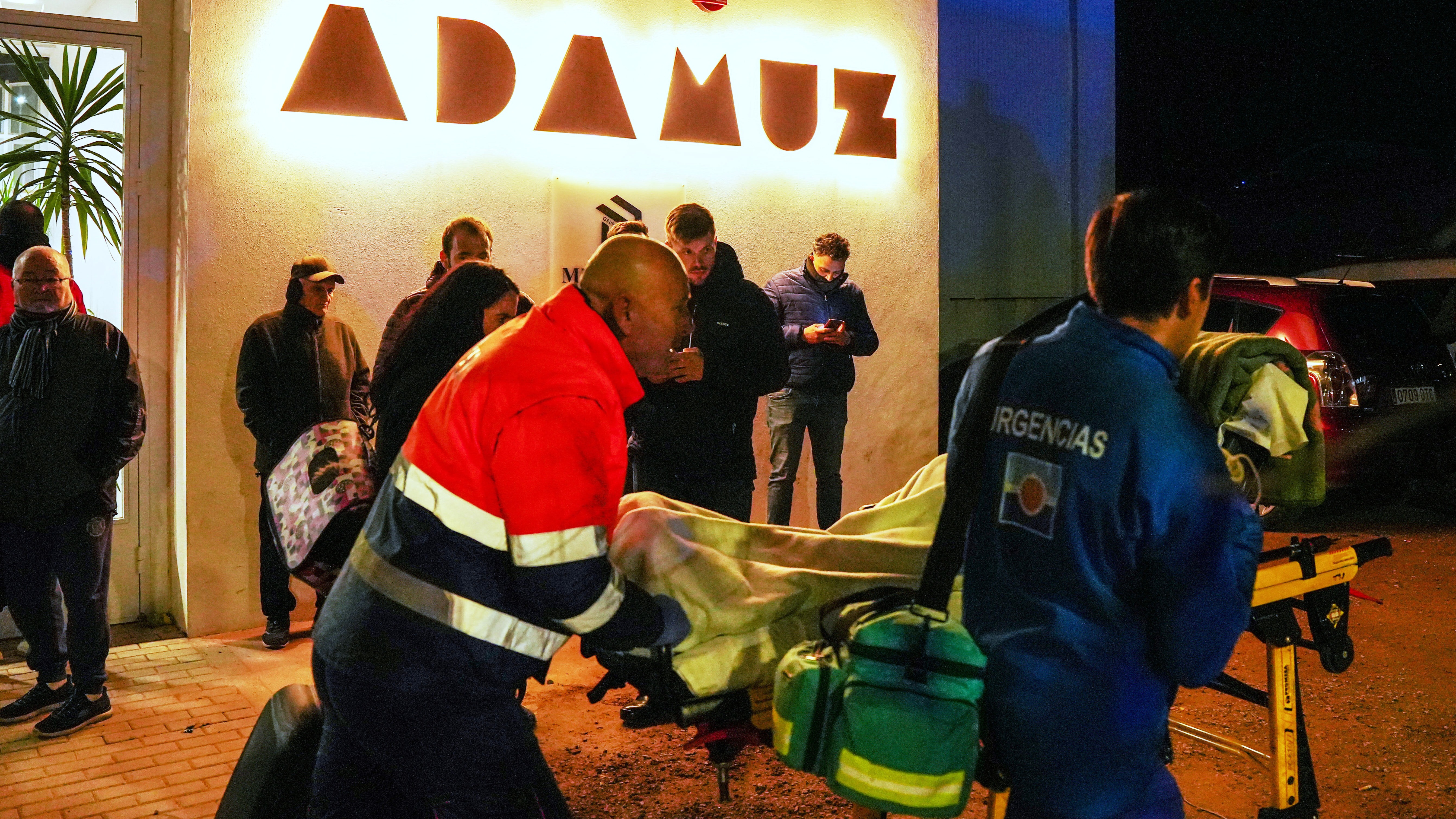Whisky by-products and fungi have been used to create compostable packaging tipped as an eco-friendly alternative to plastic.
Arbikie Distillery in Montrose, Angus, partnered with academics to use mycelium, the root structure of fungi, and distillery by-products such as spent grain.
The project, MycoPack, is a collaboration between distillers and academics at Edinburgh Napier University and the University of Dundee, in a bid to turn waste into packaging for the circular economy.
The packaging created is lightweight, fire-retardant and compostable, and acts as an eco-friendly alternative to plastic, according to experts.
Arbikie Distillery produces vodka, gin and whisky, using ingredients grown almost entirely on-site such as barley, potatoes and peas, and hopes to become “the world’s first climate positive distillery” with the introduction of a hydrogen electrolyser.
Over the next 10 months the research team will focus on proof of concept, testing material and design, with help from academics Dr Dongyang Sun, of Edinburgh Napier University, and Dr Wenbin Zhou, of University of Dundee.
The project focuses on developing mycelium-based composites using distillery by-products, which is intended for protective packaging for whisky products, such as gift boxes currently made from moulded plastic or foam.
It is one of 11 collaborative projects awarded funding by Scotland Beyond Net Zero, a collaboration between universities to support the country’s drive to net zero, aimed at accelerating the transition to a green economy.
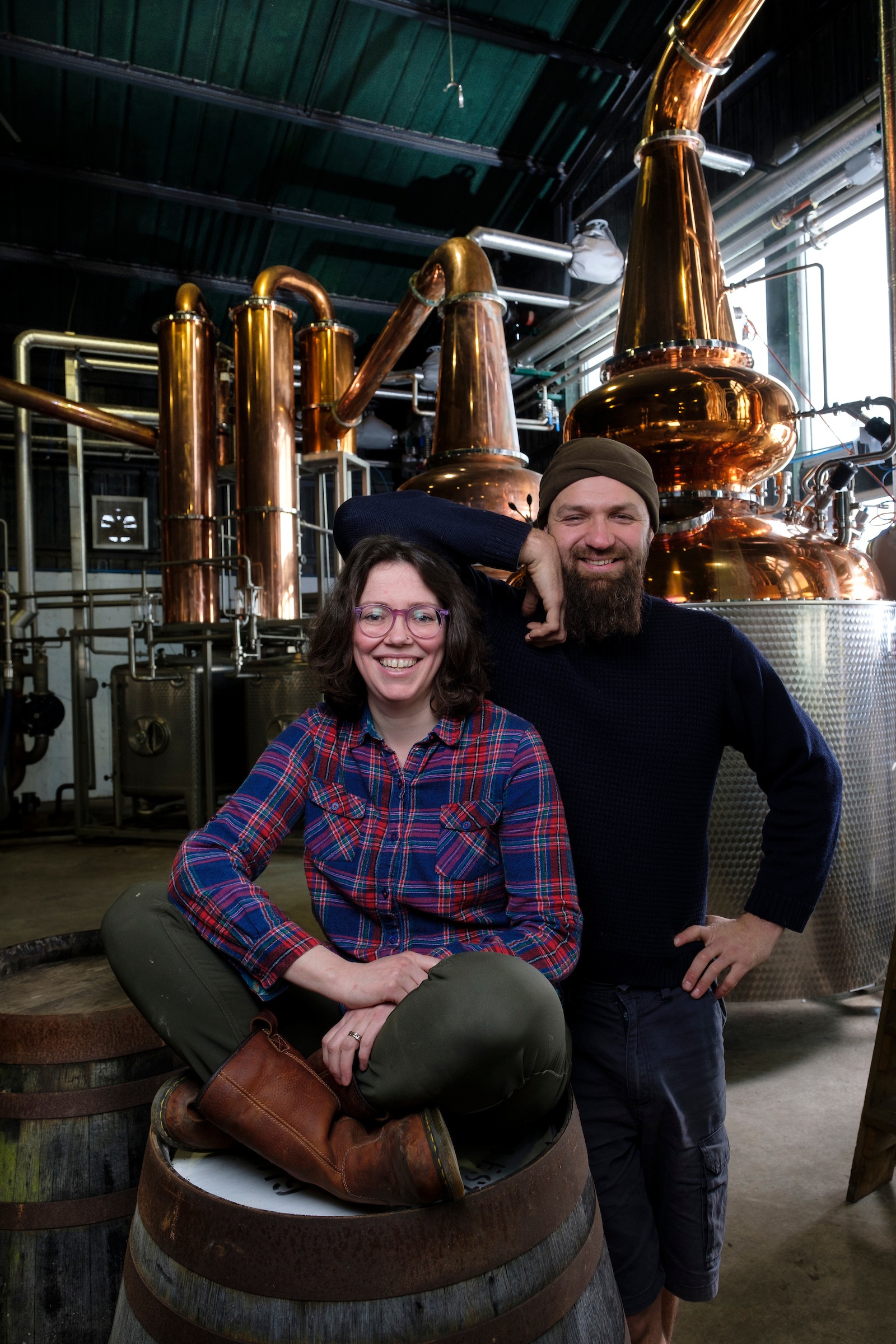 PA Media
PA MediaKirsty Black, distillery manager at Arbikie, said: “Sustainability is at the heart of everything we do.
“Our collaboration on MycoPack represents an exciting step forward – combining innovation and purpose to create packaging made from mycelium that’s not only environmentally responsible but deeply aligned with our values.
“Together, we hope to pioneer solutions that respect the planet and inspire change across the industry.”
Dr Wenbin Zhou, lecturer in Mechanical and Industrial Engineering at the University of Dundee, said: “At the University of Dundee, we’re excited to lead the design and use of additive manufacturing to shape whisky by-products into compostable, locally rooted, and elegant sustainable packaging.
“We aim to show how sustainable design and advanced manufacturing can support Scotland’s journey to net zero by turning waste into low-carbon value— bringing circular economy principles to life through innovation and collaboration.”
Dr Dongyang Sun, lecturer in Engineering at Edinburgh Napier University said: “Our mycelium-based packaging aims to deliver the protective qualities needed for whisky products, while avoiding the long-term environmental impact of plastic.
“Made from distillery by-products, it can be composted at the end of its life, offering a promising step towards more sustainable packaging solutions.
“At Edinburgh Napier, we’re proud to pioneer sustainable biomaterials from underused resources.
“MycoPack lets us showcase how fungal composites and circular design can transform whisky by-products into protective packaging that’s beautiful, compostable, and low-carbon, delivering both environmental benefit and industry value for Scotland’s net zero transition.”
Follow STV News on WhatsApp
Scan the QR code on your mobile device for all the latest news from around the country


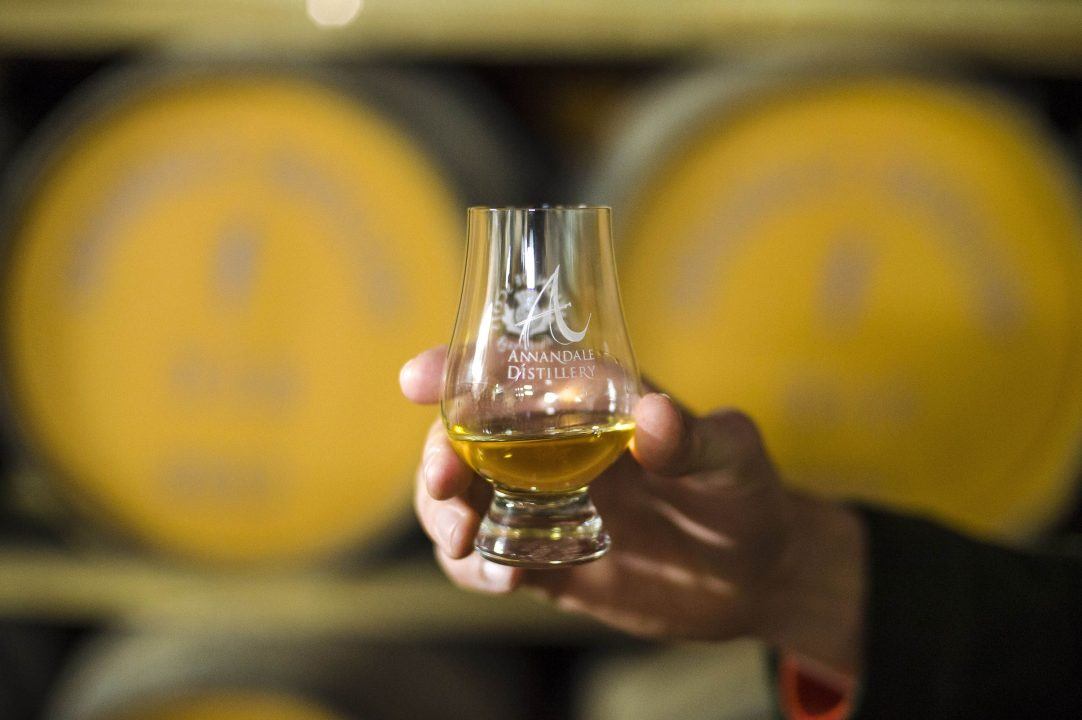 PA Media
PA Media








